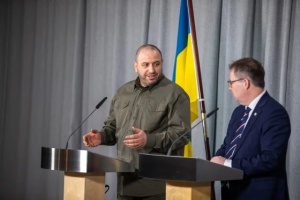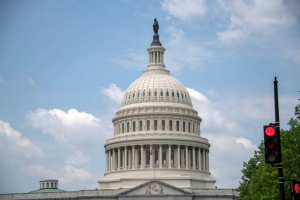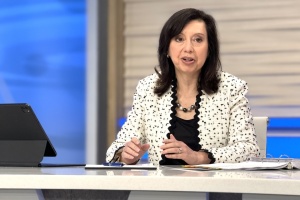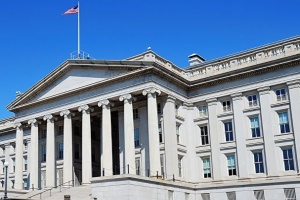
Volodymyr Lugovskyy, professor of Economics at Indiana University: Economic risks of confiscation of Russian assets are fictitious
According to Volodymyr Lugovskyy, an ethnic Ukrainian professor of economics at Indiana University, there are both real and fictitious risks of confiscation and seizure of $300 billion of Russian assets, which are located mainly in the EU, Japan, Germany, and the U.S. The most significant risk is Russia's counterclaims in the International Court of Justice, and the trial itself could take many years. The economic risks of confiscation of Russian assets are fictitious and are voiced mainly by Russia's supporters, who are numerous around the world.
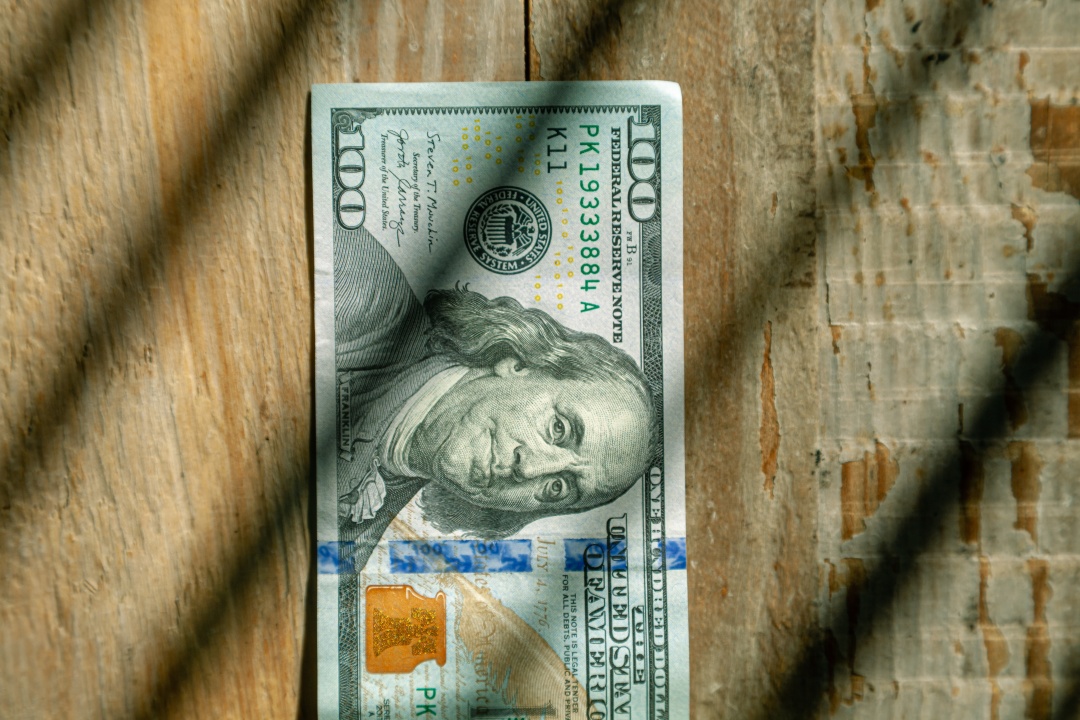
RISKS OF CONFISCATION OF ASSETS OF THE AGGRESSOR STATE
- What are the actual risks of seizure and confiscation of Russian assets?
- Russia has a domestic debt that is as large as the frozen assets, estimated at $350 billion. If Russia's frozen assets are confiscated, there is a risk that Russia will default in response.
In other words, Russia may declare that if its assets are confiscated, it has the right not to repay this debt. All these countries – the EU, Japan, Germany, and the U.S. - face the risk of not getting these funds back.
The second risk is that the process takes a long time and the possibility of lawsuits from Russia.
- Are there any precedents for such lawsuits in the world?
- Yes, for example, we can look at the case of the seizure of Iranian assets by the U.S. In 1983, Iran attacked a military base in Lebanon, killing 241 American and 58 French servicemen. The U.S. court found Iran guilty only 20 years later, in 2003, and nine years later, in 2012, the U.S. Supreme Court ruled that these assets should be confiscated for the benefit of the families of the victims of the bombing.
Four years later, in 2016, Iran decided that it wanted some of this money back and filed a lawsuit in the International Court of Justice, the famous Hague court, that is the principal judicial organ of the United Nations. In fact, quite recently, in March of this year, 2023, this court recognized that Iran is right, and part of this money should be returned to Iran.
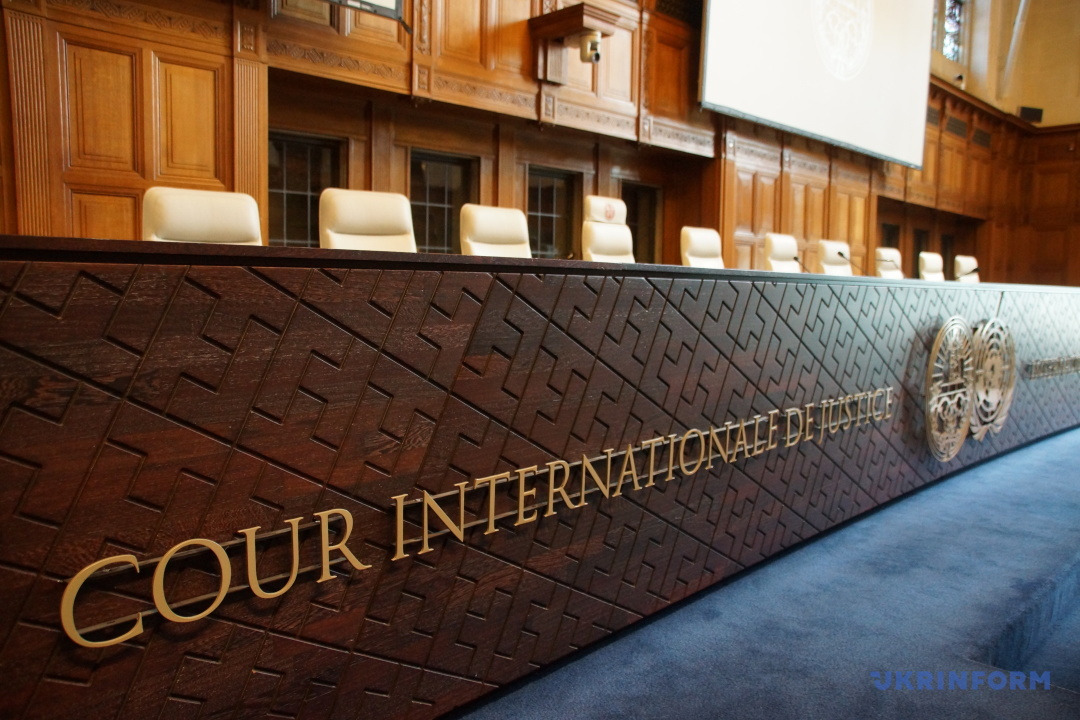
The vice-president of the International Court of Justice is a representative of the Russian Federation, Kirill Gevorgian, who has been doing all the publicity related to this case and has written why the US should pay. In addition, the court has representatives from China, Brazil, and other potential countries that may be associated with Russia. So, there is a risk that Russia will try to get its money back.
Even though it is challenging from a legal point of view, there is a political will to confiscate Russian assets in favor of Ukraine. It is good news because sooner or later, Russia will sue to get this money back, with the countries where these assets will be confiscated, but not with Ukraine directly.

- What about the risks to the global banking system?
- The dynamics show that central banks prefer to keep reserves not in the EU or the U.S. but are beginning to move some of the reserves to their own countries, transferring them from currencies to gold.
In terms of information warfare, Russia has resources and many supporters. Some of them have invested money in Russia and want to get it back, and they understand that seizing Russian assets will reduce the likelihood of this happening. Some voices are manipulated directly by Russia and encouraged to express these concerns.
Russia is less than 2% of the world's GDP, so confiscating Russian assets would have a minor event for the global economy.
Symbolically, the confiscation of Russian assets may frighten some dictatorships that already know that once they cross the line, their assets will be seized, so they accept that risk and still prefer to keep their savings in the EU or the U.S. rather than offshore in China or their own countries.
I think the people raising these concerns are motivated by the Russian Federation, which has a massive network of representatives in many countries, including the EU and Asian countries.
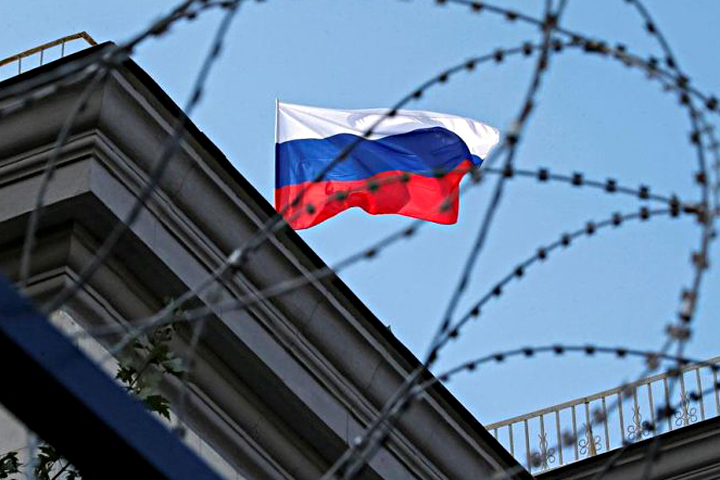
MECHANISMS FOR THE SEIZURE OF RUSSIAN ASSETS
- Canada became the first Western country to legislate the possibility of seizing Russian assets under sanctions to help rebuild Ukraine. Should each country develop its own mechanism for confiscating Russian assets, or is it more reasonable to act together?
- Canada has over 10% of its population of Ukrainian descent and is very sympathetic to Ukraine. In addition, some of Canada's actions are coordinated with the U.S., and the countries can act together as a bloc.
No one wants to be the only country to seize Russian assets and face the Russian confrontation alone. Now, countries are trying to make a joint decision at the political level. If Russia decides to file a lawsuit, it will be suing several countries, making it politically difficult for Russia to win the case.
- In June, members of the U.S. Senate introduced a bill to provide additional assistance to Ukraine using assets confiscated from the Central Bank of the Russian Federation and other sovereign Russian assets. What are the political prospects of this document?
- Next year, there will be a presidential election in the U.S., but most Republicans and Democrats support actions to confiscate Russian assets. I think the Senate will support this bill, but it is difficult to predict the decision of Congress. And it still needs to be approved by the President, which is a matter of time.
The next U.S. presidential election may pose a risk, as preliminary polls suggest that Donald Trump may become the Republican candidate, and it is difficult to predict the course of the presidential elections.
In any case, confiscating Russian assets will require legislative changes but lead to the final seizure of frozen assets for the benefit of Ukraine.
Oleksandra Klitina, Kyiv

